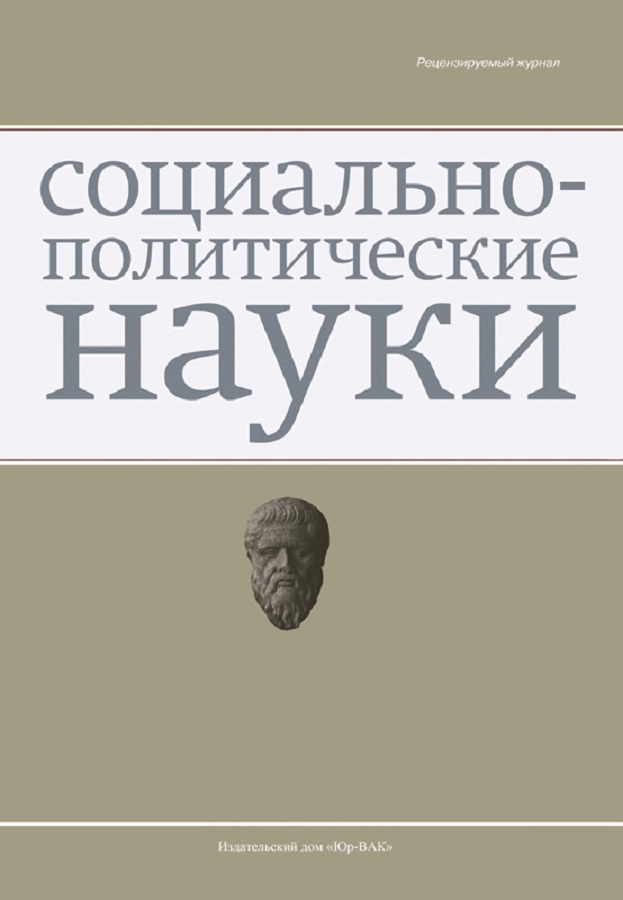N.O. Lossky on State Power: Cognitive Analysis and Modern Context
- Autores: Ksenofontov V.N.1
-
Afiliações:
- Military University of the Ministry of Defense of the Russian Federation
- Edição: Volume 13, Nº 4 (2023)
- Páginas: 148-152
- Seção: Social and Political Philosophy
- URL: https://journals.eco-vector.com/2223-0092/article/view/585176
- DOI: https://doi.org/10.33693/2223-0092-2023-13-4-148-152
- ID: 585176
Citar
Texto integral
Resumo
The article reveals the socio-philosophical and political views of N.O. Lossky on the essence, content and evolution of state power. In this regard, based on the principle of development, they are given a detailed description of two types of power: monarchical and democratic. Analyzing the monarchical system of power, the Russian philosopher reveals its functioning in Russia, gives an objective assessment of its shortcomings. The article substantiates the cognitive view of N.O. Lossky on the democratic structure of state power, its content and the tasks to be solved. The purpose of the study is to characterize the essence and features of N.O. Lossky’s socio-philosophical and political approach to the state and evolution of state power. Conclusions. 1. The article proves that the views of the Russian philosopher on state power in Russia represent a balanced and objective analysis. 2. N.O. Lossky’s position on the internal and external tasks of state power deserves attention in our time.
Palavras-chave
Texto integral
Sobre autores
Vladimir Ksenofontov
Military University of the Ministry of Defense of the Russian Federation
Autor responsável pela correspondência
Email: vnksenofontov@mail.ru
doctor of philosophy, professor, senior researcher at the research laboratory
Rússia, MoscowBibliografia
- Ilyin I.A. About the essence of legal consciousness. In: Collection works: In 10 vols. Vol. 4.
- Lossky N.O. History of Russian philosophy. Moscow: Higher School, 1991.
- Lossky N.O. The organic structure of society and democracy. In: Anthology of world political thought: In 5 vols. Vol. IV. Political thought in Russia. The second half of the XIX–XX centuries. Moscow: Mysl, 1997.
- Thoughts about Russia. The President about the most important. Moscow: Tsentrpoligraf, 2016.
Arquivos suplementares









